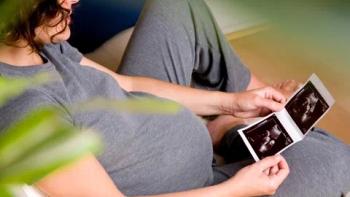
New research suggests pregnancies conceived with assisted reproductive technology were associated with a more than doubling in risk for acute kidney injury.

New research suggests pregnancies conceived with assisted reproductive technology were associated with a more than doubling in risk for acute kidney injury.

From SMFM, a visual summary of Consult #60.

This Consult discusses the management of pregnancies achieved with in vitro fertilization and provides recommendations based on the available evidence.

A cohort study examines the potential obstetrical outcomes associated with fertility-assisted pregnancies.

Although the hysterosalpingogram (HSG) is the oldest special radiologic procedure, first performed over 110 years ago, it remains an essential part of the evaluation of the infertile couple.

Despite current recommendations to perform a fetal echocardiogram in all in vitro fertilization (IVF) pregnancies, recent study findings show that may not be necessary.
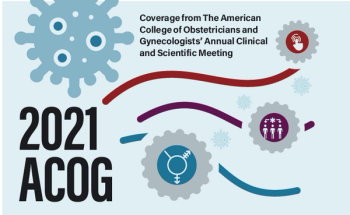
Significant updates occurred in women’s health issues while the world was in survival mode.

Marijuana use may make conception more difficult for women who smoke than those who don’t, according to a prospective cohort study from the National Institutes of Health (NIH).
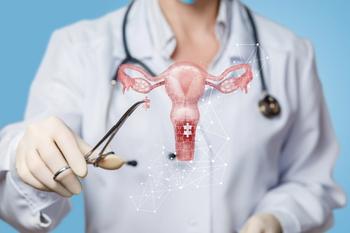
With patient-centered care being the mantra of 21st-century medicine, the decision to proceed with fertility surgery in women with endometriosis should be based on the individual patient, her reproductive expectations, her specific disease pattern, her support, family network, and available health care resources.

Effective treatment will depend on the diagnosis, but can range from simple to very complex.

A new study by French investigators shows that adenomyosis confined to the outer myometrium is associated with primary infertility—but not more diffuse disease.

This peer-reviewed article discusses the main causes of infertility, including tubal disease, uterine factor, cervical factor, and ovulatory dysfunction and anovulation.

According to a recent study from Sexual Medicine, infertility concerns for women with endometriosis are dependent on their type of dyspareunia.

Newly published research in Gynecological Endocrinology assessed the quality of embryos and the implantation rate in women with infertility associated with endometriosis.
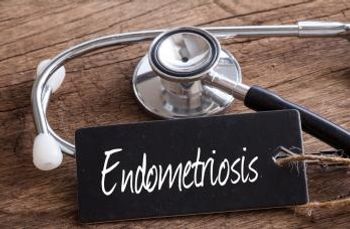
Endometriosis negatively impacts the quality of oocyte and ovarian reserve, according to a prospective study in the journal Gynecological Endocrinology.

For in vitro fertilization (IVF), clinical and ongoing pregnancy rates deteriorated with worsening endometriosis, according to results of a recently published retrospective study.

Have you broached the topic of frozen embryos with your patients? What was their response?

Results of a UK study show that while intrauterine infection may contribute to preterm birth (PTB), a reproducible “preterm placental microbiome” does not exist. Plus: Depression in the male partner of couples being treated for infertility was linked to lower pregnancy chances, according to results of a recent study.

A first-of-its-kind epidemiologic study shows a link between exposure to organophosphate flame retardants (PFRs) and infertility.

The large body of evidence citing the effectiveness of IVF and recent advances promoting the safety of ART, including the widespread adoption of SET, have established IVF as a reasonable first-line alternative for many infertile couples rather than the treatment of last resort it was once regarded.

Recent studies suggest that a progestin-induced withdrawal bleed may reduce conception and live birth rates in women undergoing ovulation induction with clomiphene citrate.
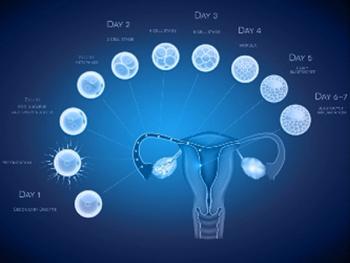

Healthy women have higher levels of protective lactobacilli in their vaginal microbiome than women with infertility, according to a recent cross-sectional study.

A systematic review and meta-analysis suggests that in pregnancies conceived via assisted reproduction, risk of adverse perinatal outcomes may be higher with donated than with autologous oocytes. Plus: Do post-cesarean antibiotics reduce infections in obese women? Also: Researchers believe they have identified the genes associated with preterm delivery.

A CDC report looks at how effective messaging on postpartum contraception is in teenagers and the impact on repeat births. Plus: Does preeclampsia increase the risk of stroke? Also, a look at whether an old imaging technique could increase fertility.